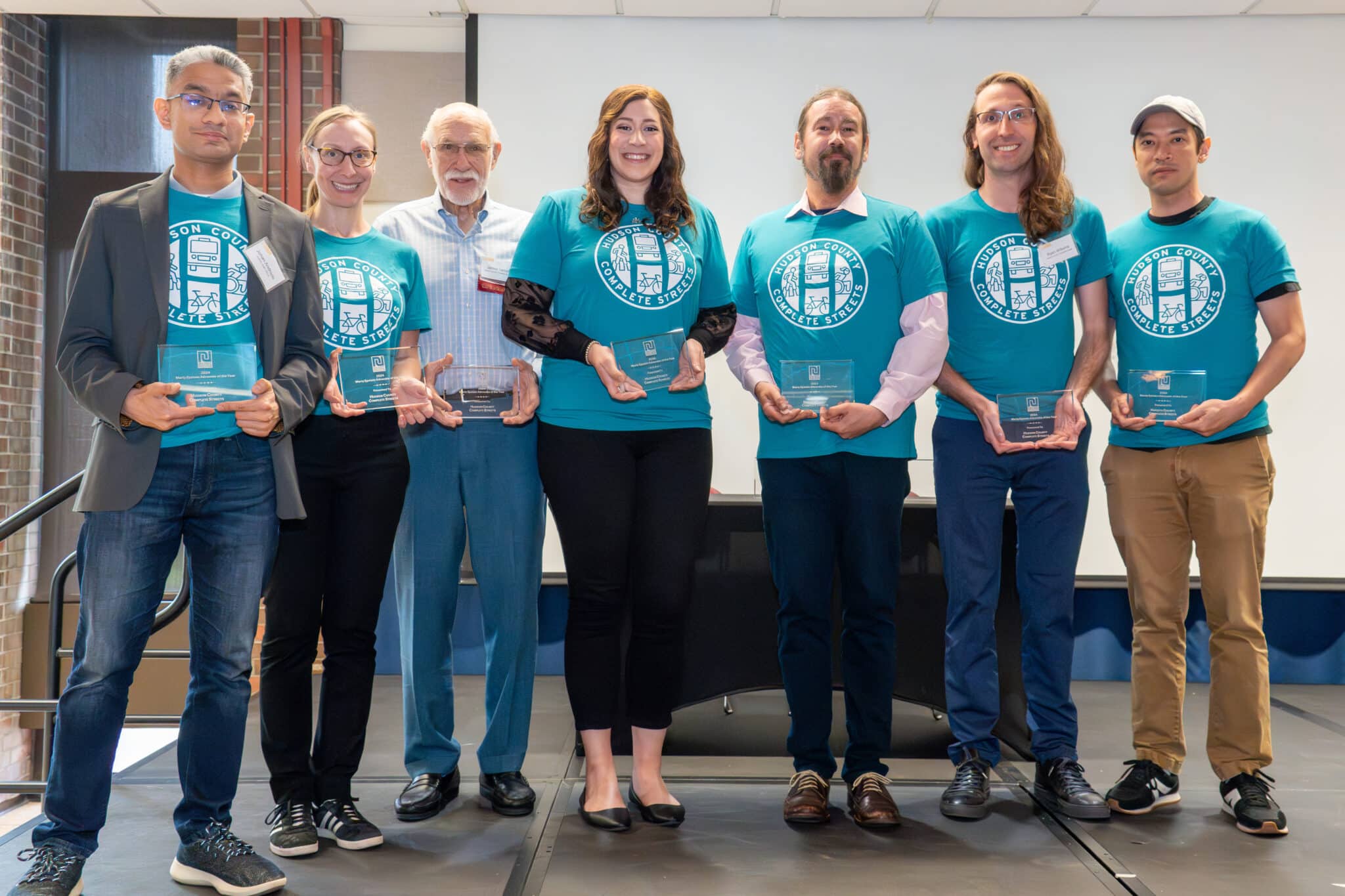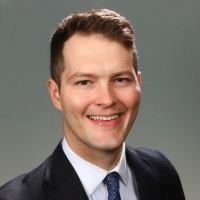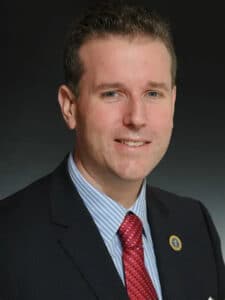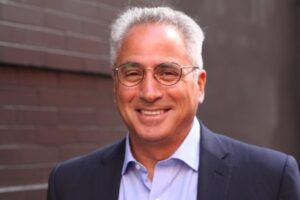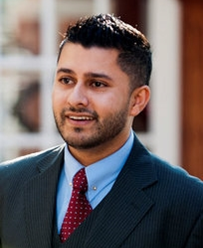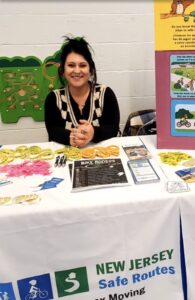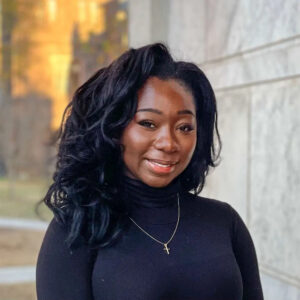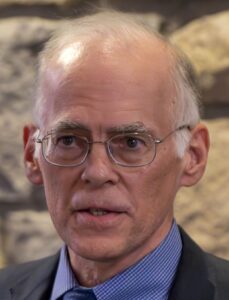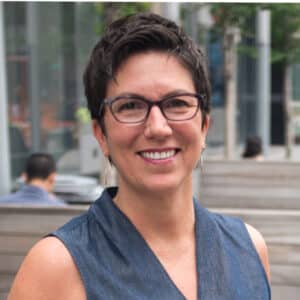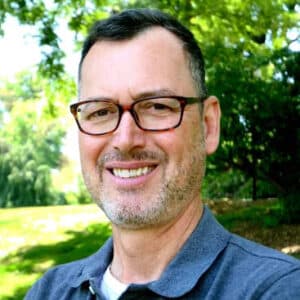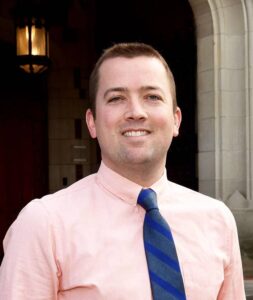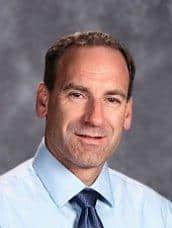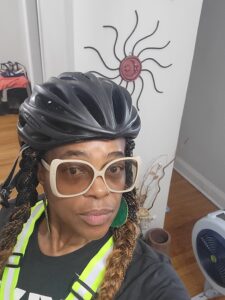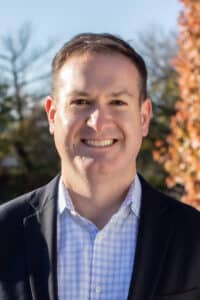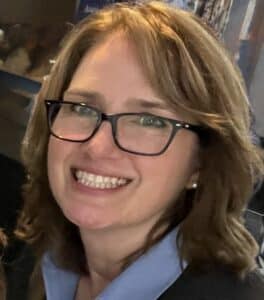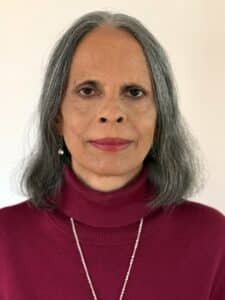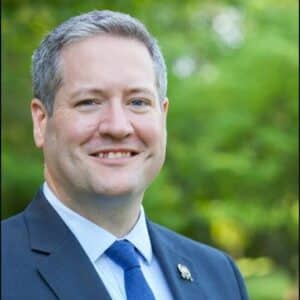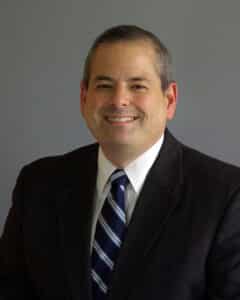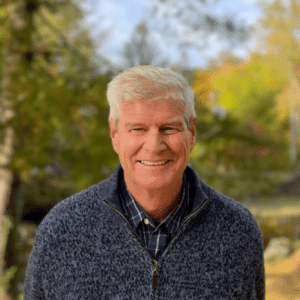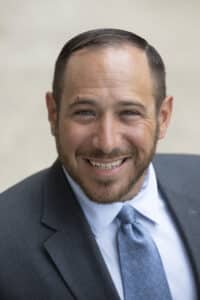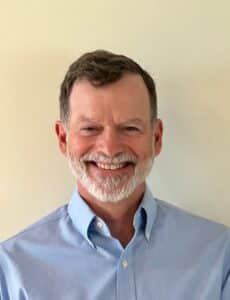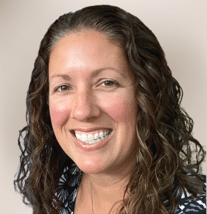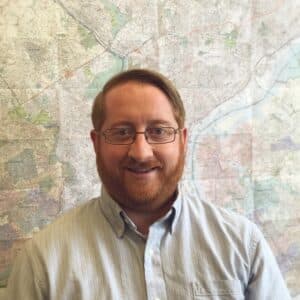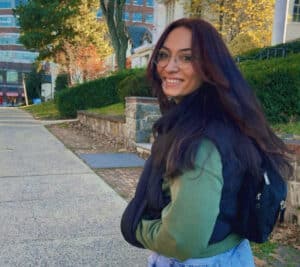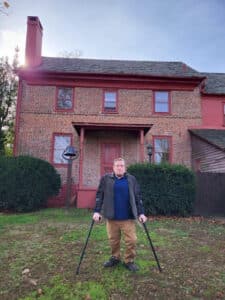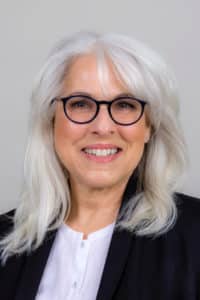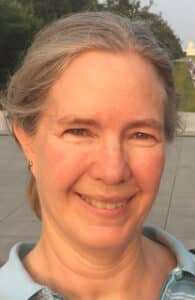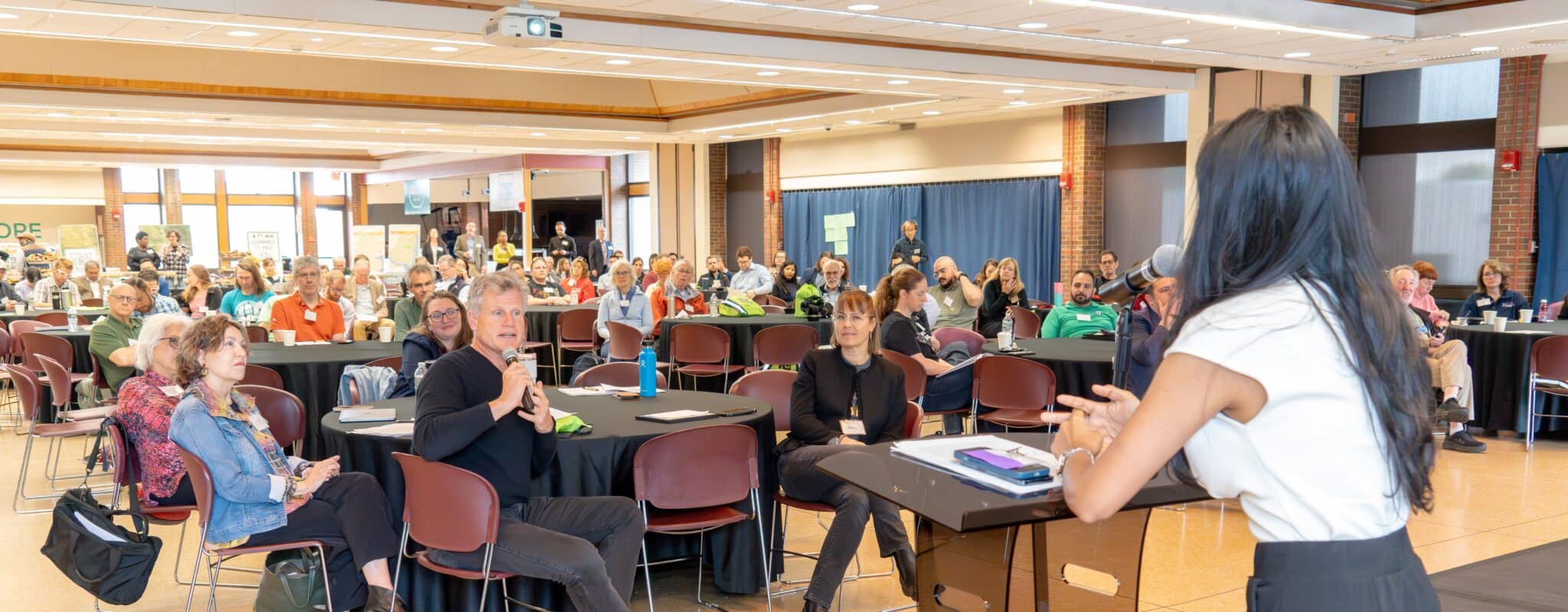
It was a great day all around as participants heard 3 extraordinary Keynote Speakers, and 45 talented professionals in 16 breakout sessions that covered topics from Vision Zero, to equitable and accessible mobility to building trail networks and strategies for successful advocacy. We shared experiences, met new and old friends, made new connections, and strengthened our advocacy community. Thank you to all our our participants. Below you will find highlights from our keynote speakers.
Summit Keynote Highlights
Here are a few of the highlights from our keynote speakers. You can also watch the full keynote speech video.
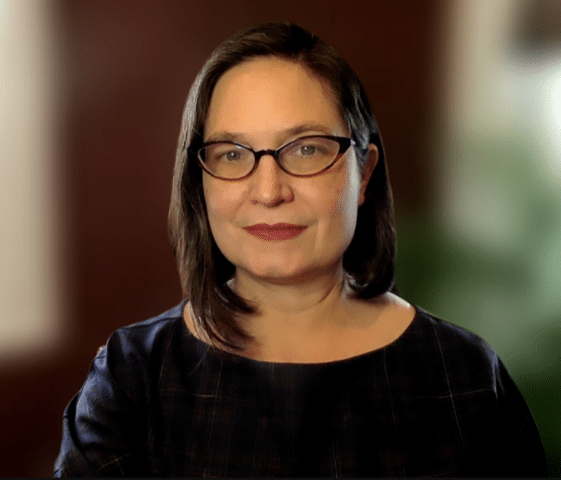
Beth Osborne, Director of Transportation for America, the Summit’s first keynote speaker, (via live video) reviewed the impact of the national Infrastructure Investment and Jobs Act (IIJA), and shared examples of how it has inspired new programs across the country.
She pointed out some of the differences between our focus in the US on dangerous behaviors, driving high speeds, and driving with distraction with other countries who have seen recent successful results in making their streets safer. “I do want to point out that our peer countries, other countries…, they also have smartphones. So it’s not the behavior that differentiates us. It’s the fact that in other countries, they design their roads with human behavior in mind…We dedicate little slices of the pie for safety while we’re digging that hole super deep with the rest of our funding.”
Beth encouraged advocates and professionals to use strategies to implement local projects. She highlighted examples from several states and encouraged advocates and professionals to use these strategies to implement local projects. “In Colorado the DOT itself created a rule that requires the state anytime they are planning highway projects to to look at what the impact will be on greenhouse gas emissions and where those greenhouse gas emissions are going to go up. They must mitigate it by investing in other forms of transportation that will counter that by the same amount which means investing in transit and walking and biking.”
Beth continued, “…You can look at how a roadway intervention, a transit intervention, an operational change, a bike-ped change, or a land use change will improve access to jobs and essential services… and how any intervention will change things. So there are lots of great opportunities out there.”

Barkha Patel, Director of The City of Jersey City’s Department of Infrastructure, was the Summit’s next Keynote Speaker and brought the focus home to New Jersey.
“The fight for safety and dignity for people of all ages and abilities on our streets is not separate from the fight for a more sustainable future for our state, or the fight for racial and environmental justice, the fight for gender equity in our public spaces, the fight for the inclusion of all of the underrepresented groups of people who make New Jersey the great state that it is today.”
Barkha continued, “People from around the country are looking at cities in New Jersey – not in California, or New York, or Colorado or Washington, as models of success for achieving Vision Zero goals and for significantly improving our roadways for the people who are the most vulnerable amongst us.”
Barkha praised the creation of trails and greenways in New Jersey, and encouraged expanding these networks to bring better transportation, sustainability, environmental justice, recreation, and community building.

Shawn LaTourette, Commissioner of the NJ Department of Environmental Protection (DEP), was the Summit’s final keynote speaker. He shared his perspective as a native son, growing up mostly car-less, riding bikes to get around, the way other people would drive. That experience has informed his work at the DEP, and he is grateful to organizations like NJBWC who are his “accountability partners.”
He acknowledged that the community of environmental, conservation, and transportation advocates, is how the DEP came to be steward of the [Essex Hudson] Greenway, representing an opportunity of a lifetime. However Shawn admitted, “The [state] trail system is not as robust as it should be. It doesn’t serve all the people who need it most…How we better invest in and support the expansion of trail networks all around the state is a critical component of not just the transportation system, but how we act to improve our environment, and people’s health.”
Shawn continued, “…there’s no better investment than a unified, state-wide trail system that connects people and communities and brings them together to enjoy the environment that we all share.”
In conclusion Shawn described his vision of the future, “…that integrates our landscape, our conservation agenda, our transportation agenda, our climate agenda, our environmental and air quality agenda…. And that advocacy, that accountability partnership remains a critically important component of how we advance to that future.”
2024 Marty Epstein Advocates of the Year Awards
During the Summit we announced our 2024 Marty Epstein Advocacy of the Year honorees. Congratulations to all the awardees! Your work has made New Jersey a better place to walk, ride, roll and live!
Cape May County
For their long term commitment to building the Cape May Trail.
Accepting the award for Cape May County:
- Jennifer Marandino (right), Executive Director, SJTPO
- Jenna Monaghan (left), Assistant Planner, SJTPO

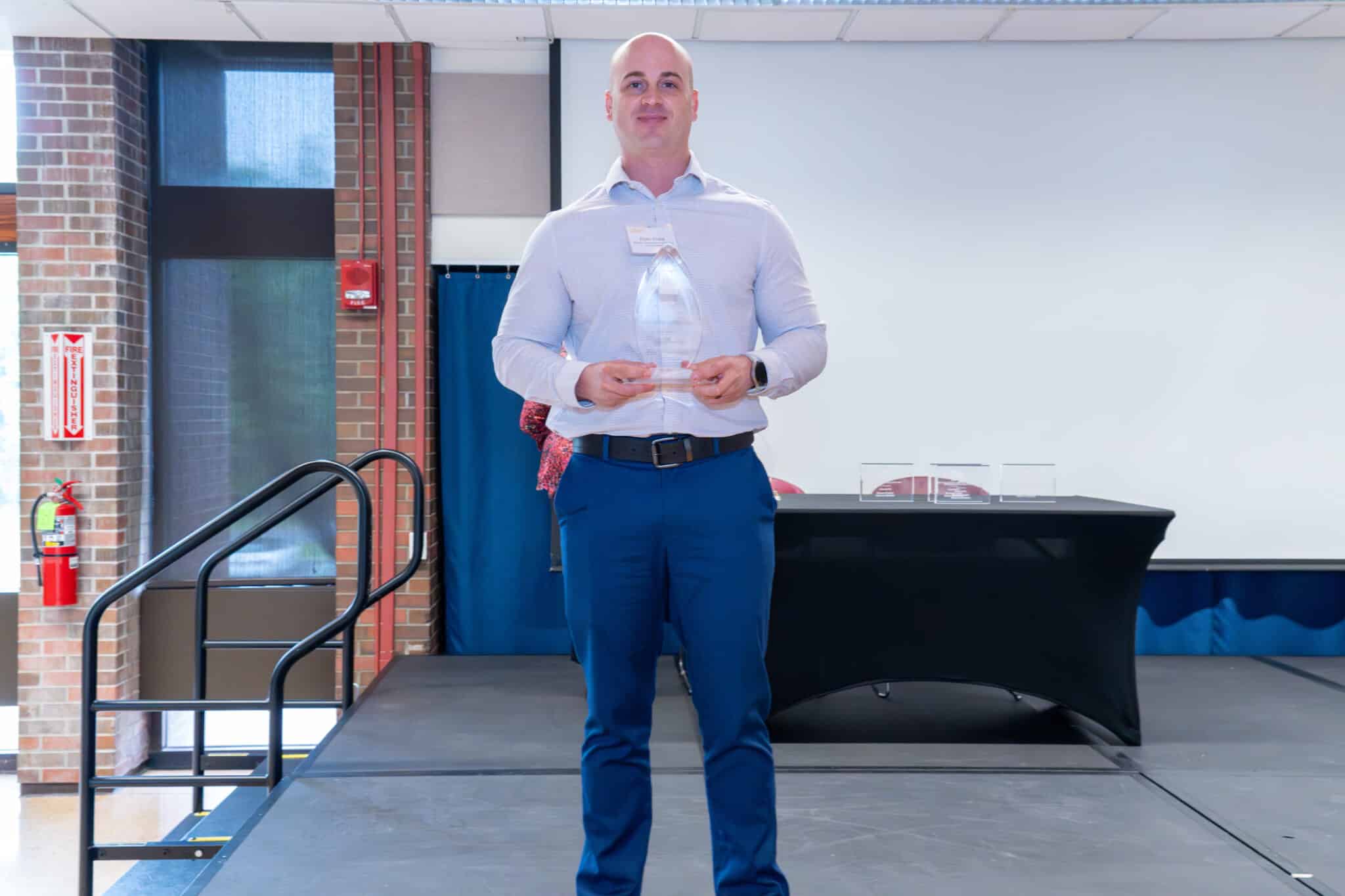
City of Hoboken
For their successful implementation of Vision Zero that resulted in zero fatalities in 7 years.
Accepting the award for the City of Hoboken:
- Ryan Sharp, Director of Transportation & Parking, City of Hoboken
Hudson County Complete Streets
For organizing a countywide advocacy movement for safer streets, and active, equitable, and sustainable transportation options throughout the county.
Accepting the awards for Hudson County Complete Streets:
- Executive Director – Emmanuelle Morgen
- Members of the Board – Johan Andrade, James Vance, Ayla Schermer, Toni Borelli, Ryan Williams, James Lee, Matthew Graham, Talya Schwartz, Beatriz Bofill
